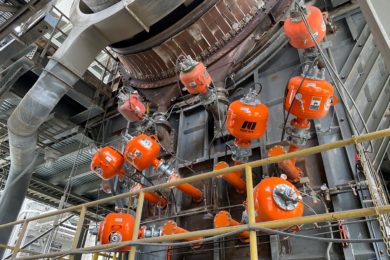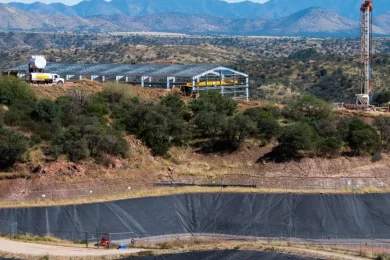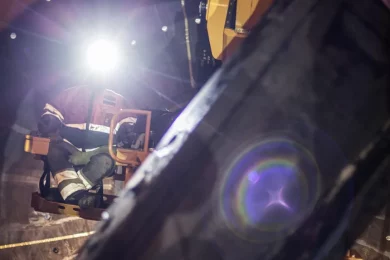The Life Cycle Approach brings an integrative vision to the production chain, including powerful engineering tools for the creation, promotion, competition, and environmentally and economically sustainable products, goods, and services. The Life Cycle Approach ranges from the broad and qualitative to the rigorously quantitative, identifying opportunities and risks for new products and technologies. It incorporates into its analysis the entire life cycle, from the extraction of raw materials to their disposal or recycled.
Currently, many of the world’s governments promote the life cycle approach analysis through programs that give incentives to the competitiveness of products and services in the selection of environmentally friendly products.
A Life Cycle Assessment (LCA) quantifies the energy, inputs, and outputs to the environment, throughout all phases of the life cycle of a product, service, or system of production (from the beginning until it is disposed of or recycled). This is done in order to accurately determine and assess its effects on our health and the environment. The tools developed by the life cycle approach (LCA, LCm, DfE, etc.) are widely used in the decision-making processes of industries worldwide. They are used for the implementation of cost-effective strategies for environmental sustainability, while ensuring the competitiveness of products.
It is not only large global companies that have adopted Life Cycle Assessment (LCA) in their creation and development of new products. In the last decade, small and medium companies, primarily in the developing world, have incorporated LCA into their decision-making process, as there is a growing demand for concrete and standardized environmental information of processes and products, throughout the length of the production chain.
About the Third International Conference on Life Cycle Assessment in Latin America, CILCA 2009. The first of these conferences was held in Costa Rica in 2005, followed by CILCA 2007 in Sao Paolo, Brazil. The next conference, CILCA 2009, will be held in Chile in the welcoming city of Pucón. CILCA 2009 is a non-profit event organized by the CIMM in cooperation with LC Initiative and the International Journal of LCA.
We are expecting 200-250 participants from numerous countries in America and Europe, given that this is a high-level scientific event in the field of sustainable development, attracting the interest of academia, governmental organisms, and companies worldwide. This is demonstrated by the wide variety of participants that make up the committees collaborating in its organization.
Cilca 2009 will be the first meeting in Chile with international experts and participation of companies and international agencies, in themes of sustainable production in the frame of life cycle approach. It is thus a single opportunity for professionals from business, academia and government agencies, without having to leave Chile, to talk with experts about global trends standards and environmental requirements for products and services, its scope in terms of any restrictions or barriers to marketing, as well as business opportunities they present.
Cilca 2009 is directed towards professionals who occupy different levels of responsibility in companies and either public or private organizations working on issues related to sustainability of processes, products and services. For them the life-cycle approach and the methodological tools of analysis which are the key elements in the process of making appropriate decisions on environmental issues and cost.
Cilca 2009 is also an unique opportunity to show internationally to Chile, its achievements in sustainability themes and promote the visibility and competitiveness local and international of products and services of companies operating in Chile.
by Claudia Peña, Director of Sustainability Industry Area of Chilean Research Center of Mining and Metallurgy, CIMM, and Chairman of the Organising Committee of Third International Conference on Life Cycle Assessment in Latin America, CILCA 2009.









